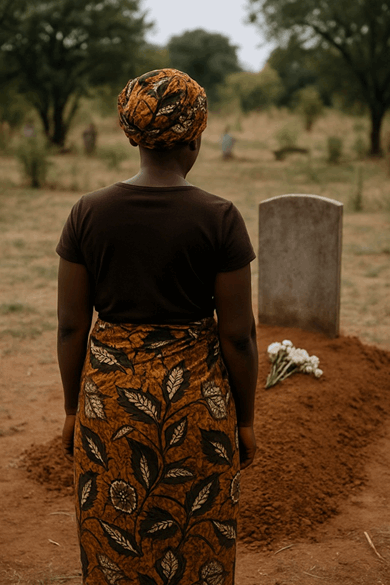
When 16-year-old Muku first complained of a sharp pain in her left breast, her parents, who was always on the lookout for spiritual enemies, reached for their faith.
“She said it was like something biting her from inside,” she remembers, eyes fixed on her hands. “We knew it was witchcraft. You know how families are. There were old quarrels… words that were said years back. It all made sense then.”
The couple went to a prophet who confirmed their worst fears. An enemy within, an extended family member, he said, had sent a spiritual creature to torment the girl by sucking on her breast in the darkness of the night. It was burrowing in towards the heart with the aim of killing the child.
But the good news was that it was something that could be defeated and returned to its sender.
The family prayed. They fasted. They followed every instruction and used every holy item prescribed and imbued with the prophet’s potent demon slaying energy. Endless night vigils on mountains.
“We did everything,” Mai Muki says quietly, eyes transfixed on flowers marking the place where the teen’s body lies. “I truly believed we were helping her.”
Related Stories
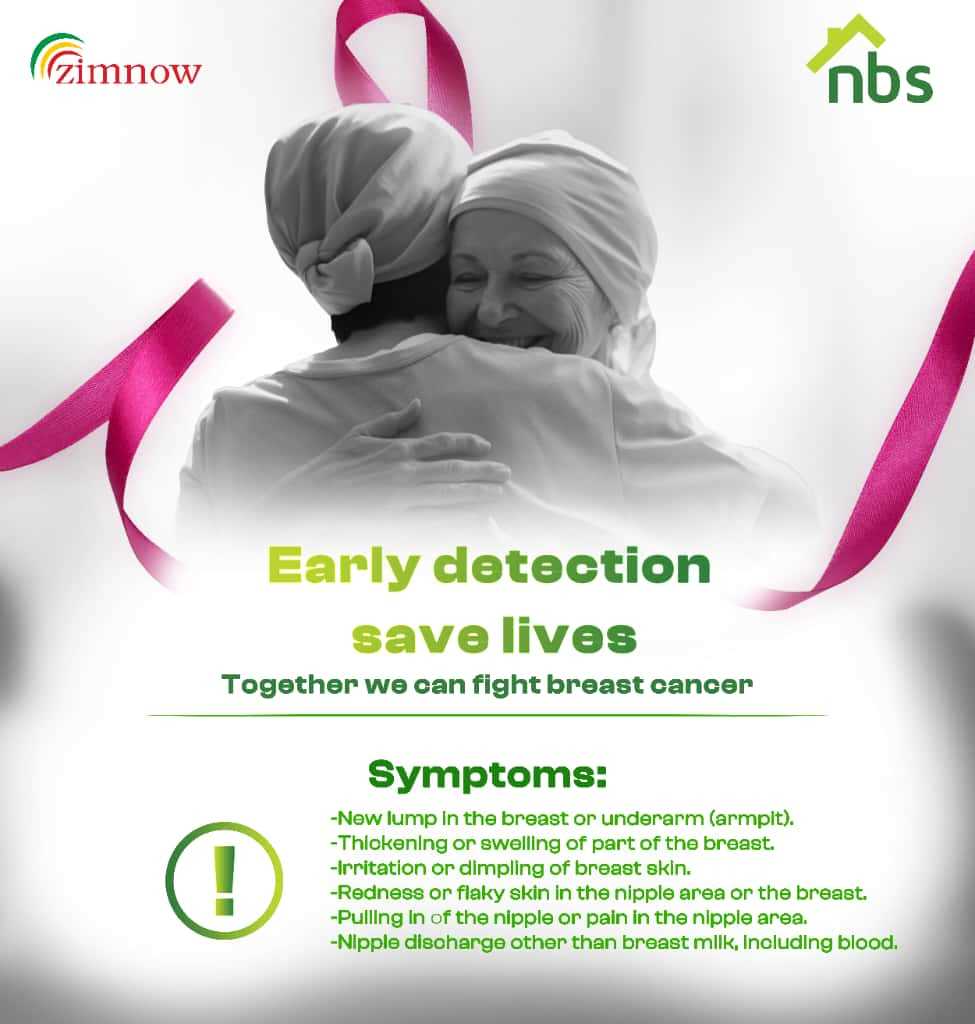
But the pain worsened. Muku lost weight, attended school sporadically, and it was clear that prayers had failed. When she spent the whole night crying because of the fire in the chest, Muku’s parents finally took her to the clinic. They were referred to the hospital where doctors could attend to the teen.
Tests followed. The verdict came: breast cancer.
“I didn’t even know a young girl could have that,” she whispers. “We thought that’s for grown women.”
There was surgery to remove the left breast, then chemotherapy. For a while, Muku seemed stronger. “We were sure she would be okay. She seemed brighter with each day.”
But the cancer had already spread, silently, like smoke under a door and there was little the doctors could do. Less than three months later, Muku was gone.
Across Zimbabwe, her story is painfully familiar. Breast cancer is the second most common cancer among women, and more than eight in ten cases are diagnosed when the disease has already spread — often too late for cure. Doctors say many women first seek help from prophets or traditional healers, losing precious time and do not get screened regularly – at least once a year- as per medical advice.
Mai Muku remains steadfast in her faith, but she wishes she had handled things differently and offers advice for others.
“If I had gone to the hospital first, my daughter would still be here. The spiritual fight is important, but so is the medical one.”
Editor’s note: The family’s identity has been protected because of sensitivities arising from unproven witchcraft accusations.
This article is published under the NBS–Zim Now Cancer Awareness Partnership, a joint initiative to spotlight prevention, early detection, and treatment support across Zimbabwe. Together, we are amplifying the conversation around one of the country’s most pressing health challenges — because awareness saves lives. Let's work together to create impactful health communication and community empowerment.











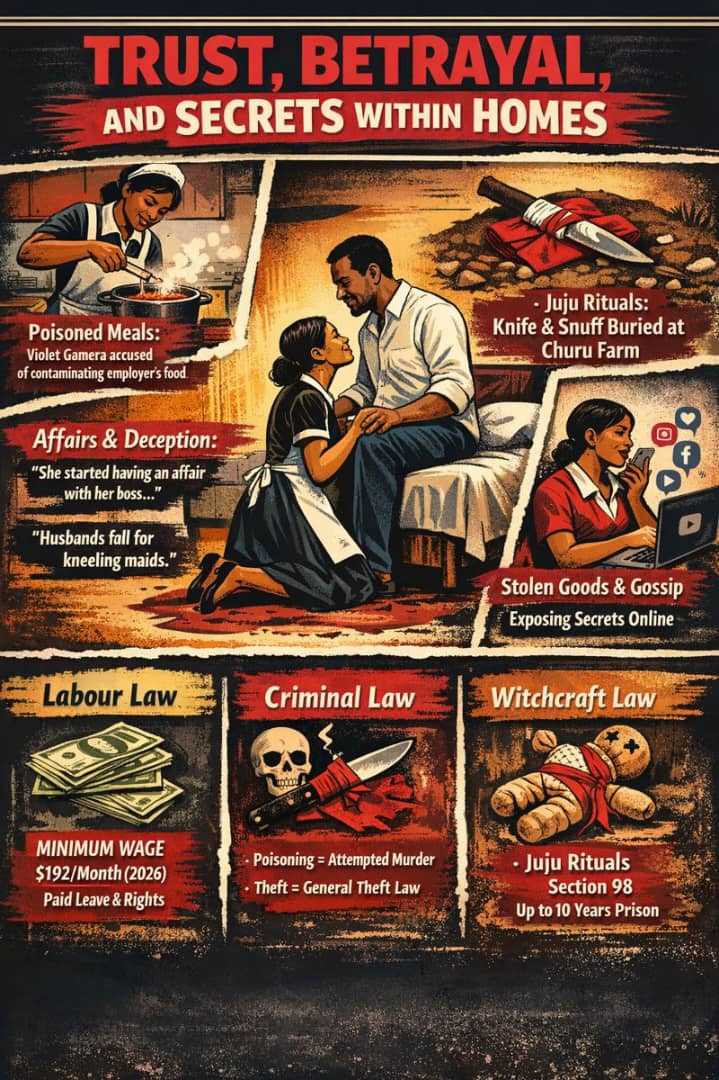


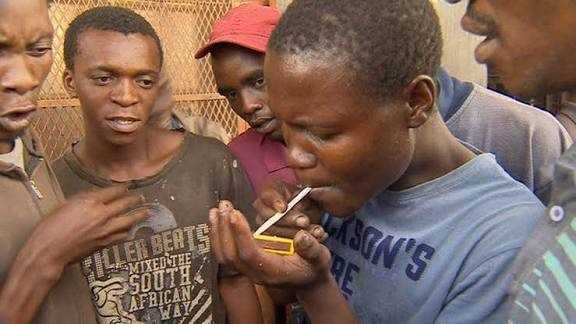
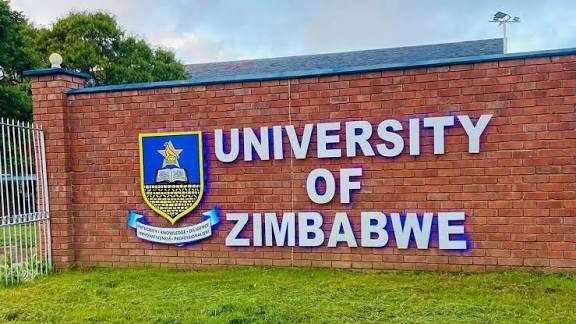




Leave Comments